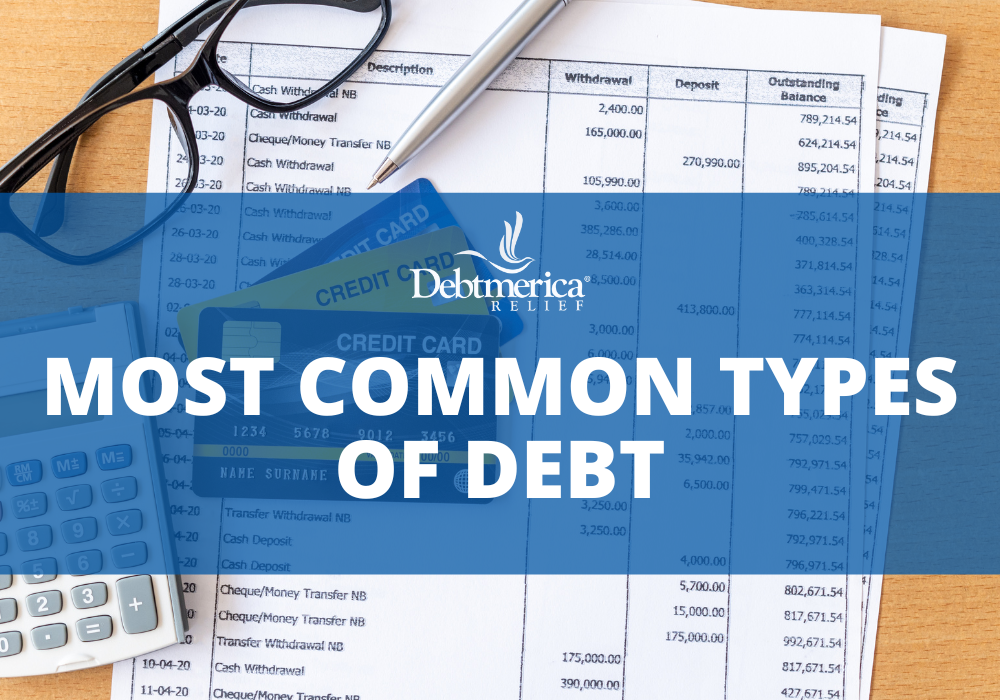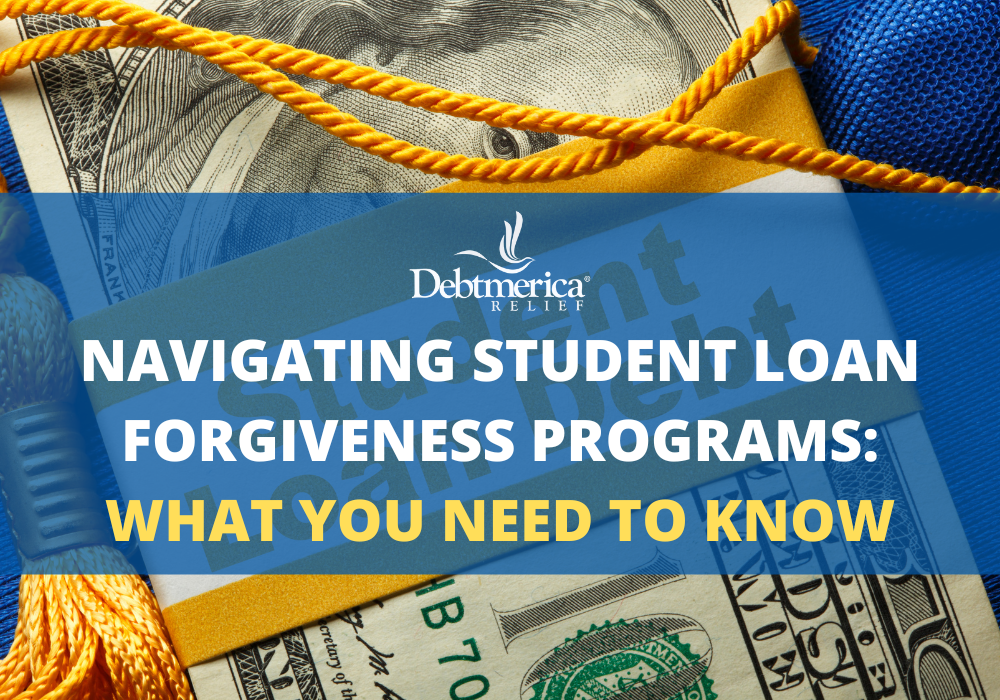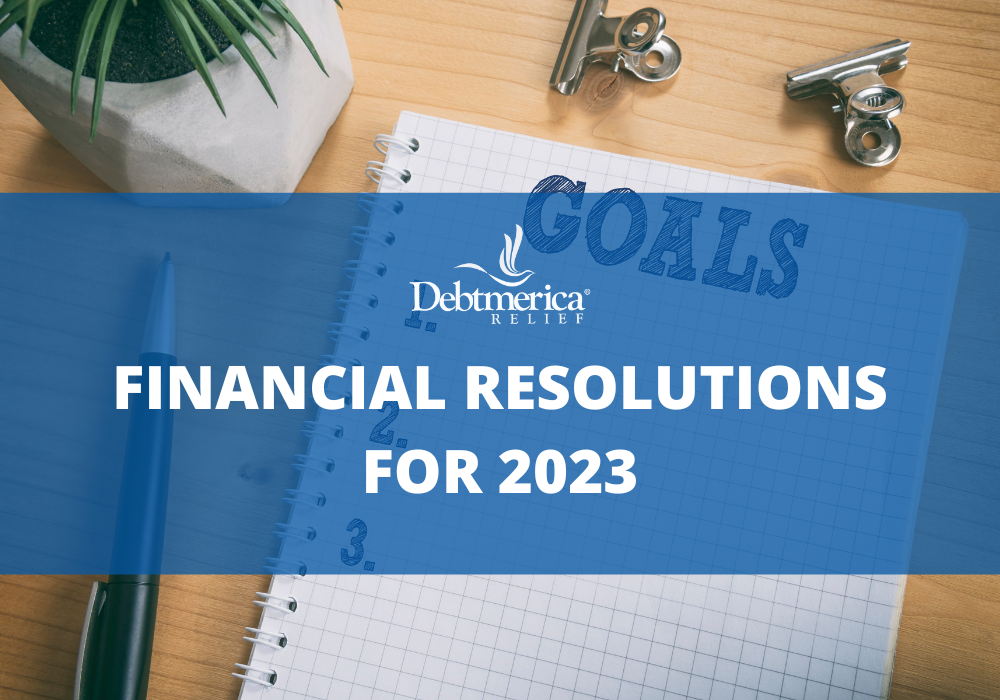Pros & Cons of Student Loan Consolidation

Student loan forgiveness is still up in the air with multiple lawsuits attempting to block the passage of Biden’s order to cancel up to $20,000 per borrower. Now it seems it might be best to consider alternative actions in case the courts continue to block loan forgiveness. One option is student loan consolidation, which essentially combines multiple student loans into a single bill with one monthly payment. Because consolidation cannot be undone, it’s best to know the pros and cons of this action before doing it.
Pros of Student Loan Consolidation
The biggest advantage and most common reason for student loan consolidation is that it’s much easier to manage repayment. It’s not uncommon for borrowers to have several loans that make each payment amount and due date difficult to keep track of. Federal student loans can be consolidated with a single federal loan or privately through another financial institution by refinancing.
Consolidating student loans can also allow more time to pay off the loan as well as lower your monthly payment. This is because higher loan amounts can be repaid over longer terms, which then leads to lower monthly payments. Currently, the amount of time you have to pay off your loan depends on your loan amount. As of now, the lowest term length is 10 years for loan amounts less than $7,500 while the longest term is 30 years for loan amounts of at least $60,000.
Another advantage is that you can change your loan service provider when consolidating. Typically, when you obtain a federal student loan, the service provider is assigned to you. If you consolidate your loans, you get to choose which of the nine available providers you want to work with.
Perhaps one of the best advantages is that consolidation can access repayment plans only available to certain loans. For example, older loans like Federal Family Education loans and Perkins loans can become eligible for income-driven repayment plans or Public Service Loan Forgiveness if consolidated. If you already receive federal benefits like forbearance, income-driven repayment, and hardship relief, you can retain these benefits if you consolidate. This is a huge plus since this would not be an option if you privately refinanced with a bank.
Cons of Student Loan Consolidation
It’s important to keep in mind that student loan consolidation is not all good. While extending your loan term may sound like a good idea since it’ll result in a smaller monthly payment, it will also mean more interest in the long run. In addition, any outstanding interest you already had on the loans that you consolidate will become part of the principal balance once you consolidate. Higher principal balances will accrue higher interest.
On that note, the new interest rate on your consolidated loan will likely be higher since it is calculated by taking the weighted average interest rate of all loans you are consolidating. The rate is then rounded up to the nearest one-eighth of a percentage point. This can subtly or drastically increase the amount of interest paid over the life of the loan.
While in some cases, consolidating can help you gain benefits, in others you may lose benefits. For example, sometimes loan consolidation will disqualify interest rate discounts, principal rebates or loan cancellation benefits that were included in the terms of your original loans. It’s important to check with your service provider before consolidating to ensure that you won’t lose out on benefits.
Debt Relief for Student Loan Borrowers
Deciding to consolidate your student loans should come with careful thought and consideration of all factors. It might be worth consolidating if you have old loans that currently do not qualify for loan forgiveness, if you have a hard time keeping track of payments, or if you have a large amount of student loan debt. On the other hand, it might not be the best decision if you don’t have many student loans or a high balance, if you qualify for loan forgiveness, or if you’re close to meeting the requirements for loan forgiveness. In any case, if you are required to pay student loans it’s important to always make your payments on time and in the correct amount to avoid any financial consequences. Debtmerica Relief has over 16 years of experience in providing relief to our clients whose financial burdens have become too much to handle. If you need help with debt, give us a call at 800-470-8155 for a free consultation.




